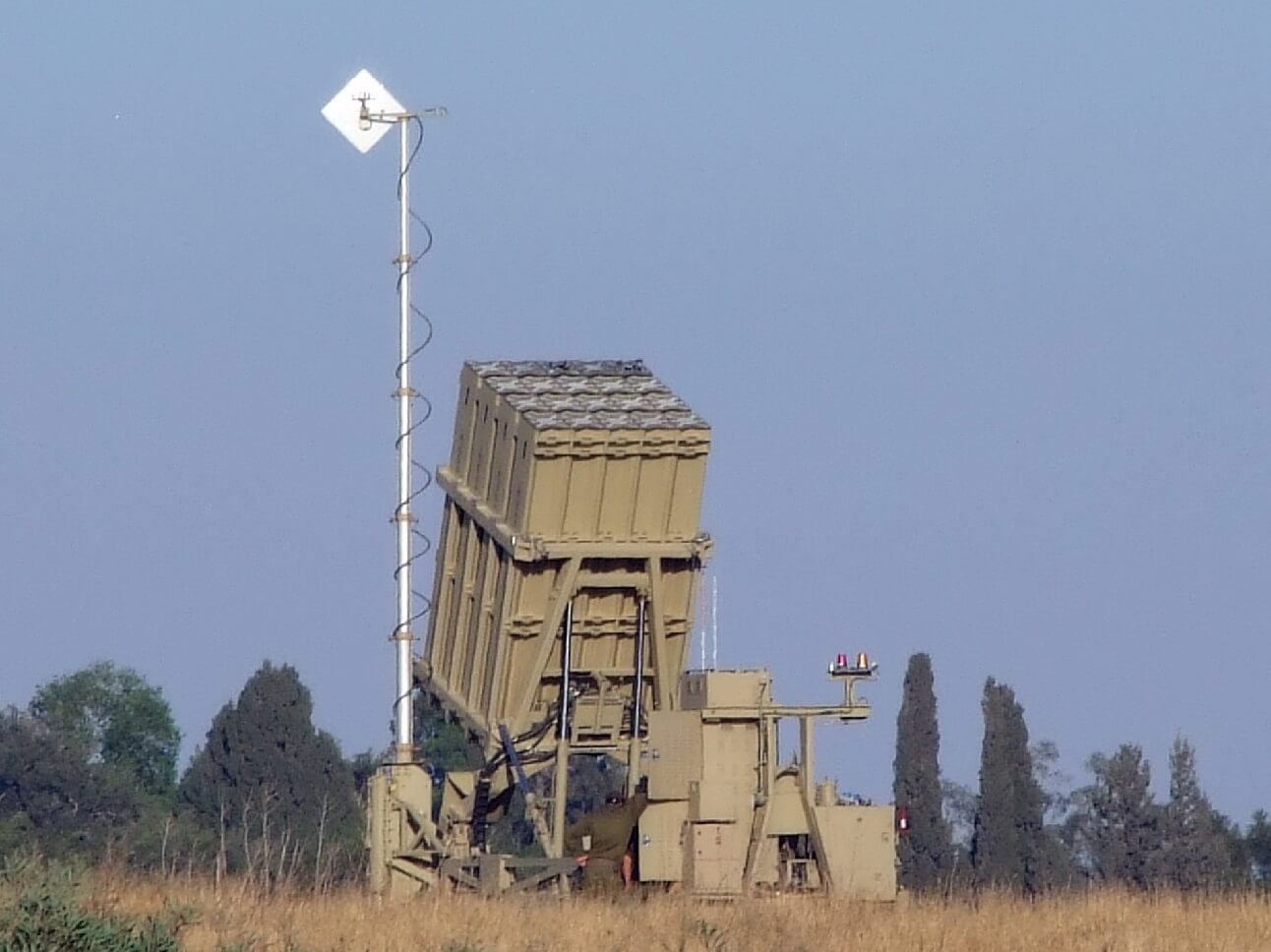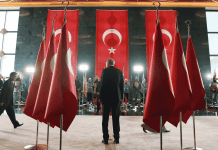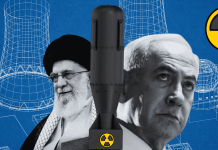An Israeli soldier was killed by friendly fire near the West Bank city of Tulkarm on Tuesday night, an investigation is underway, the Israel Defense Forces (IDF) said.
“Staff Sgt. Natan Fitoussi, 20, was tragically killed last night by IDF fire near the Judea and Samaria security barrier,” the IDF said on Twitter.
Israeli radio station 103 FM reported, citing representatives of the army, that fellow soldiers mistook Fitoussi for a terrorist after he left the guardpost at the separation barrier. A 20-year-old resident of Netanya was posthumously awarded the rank of master sergeant.
The police have launched an investigation into the incident, the findings of which will be submitted to the military prosecutor’s office, the IDF said.
This is the third Israeli soldier to be killed by friendly fire since the beginning of the year. In January, two IDF officers were killed by friendly fire during a security patrol near their base in the Jordan Valley after they were misidentified and shot by a fellow soldier, according to the Haaretz newspaper.
Meanwhile, in other news, the Iranian answer to the draft agreement on the revival of the Joint Comprehensive Plan of Action (JCPOA) has been received by the European Union and is focused on issues related to sanctions and economic guarantees, Politico reported on Tuesday citing a source.
Earlier in the day, Iranian news agency ISNA reported, citing sources, that Iran had sent EU foreign policy chief Josep Borrell its response to the proposed text of a draft agreement to restore the nuclear deal and expressed its opinion on the remaining issues in the talks.
Politico cited a Western official familiar with the matter as saying that the EU received Iran’s response on Monday night. The official noted that Tehran’s position on the draft mostly concerns sanctions and guarantees around economic engagement.

There were no other demands regarding the International Atomic Energy Agency’s (IAEA) probe into traces of nuclear material found by IAEA specialists in Iran, the official said, adding that Tehran objected to the investigation and insisted that the nuclear deal could only be restored once the probe is closed.
The media also cited Iranian and Western officials as saying that Tehran still has reservations regarding the EU-proposed draft agreement, prompting a further delay in signing the deal.
On August 8, the EU coordinator at nuclear talks in Vienna, Enrique Mora, distributed the final text of the draft agreement on the restoration of the nuclear deal. Borrell said its points should be agreed upon.
China, France, Germany, Russia, the United Kingdom, the United States, the European Union, and Iran signed the JCPOA in 2015, imposing restrictions on the advancement of the Iranian nuclear program in exchange for the lifting of US sanctions.
In 2018, then-US President Donald Trump unilaterally withdrew from the agreement and reimposed comprehensive sanctions, prompting Iranian authorities to respond by gradually abandoning their own commitments under the deal.
In December 2021, JCPOA parties agreed on two drafts of a new deal, but no definitive agreement has been reached. Since then, the parties have had several rounds of talks on the revival of the deal.
- Via Sputnik News Agency
- Follow EurAsian Times on Google News




